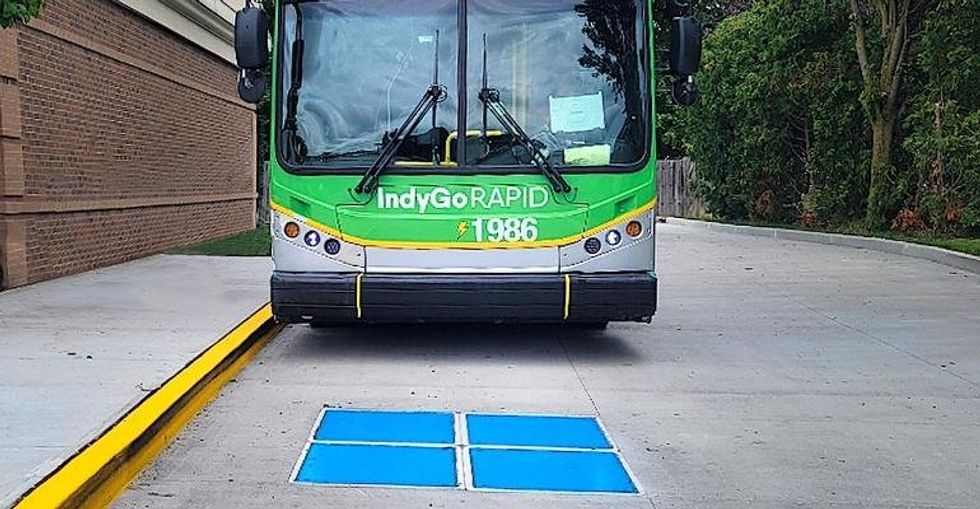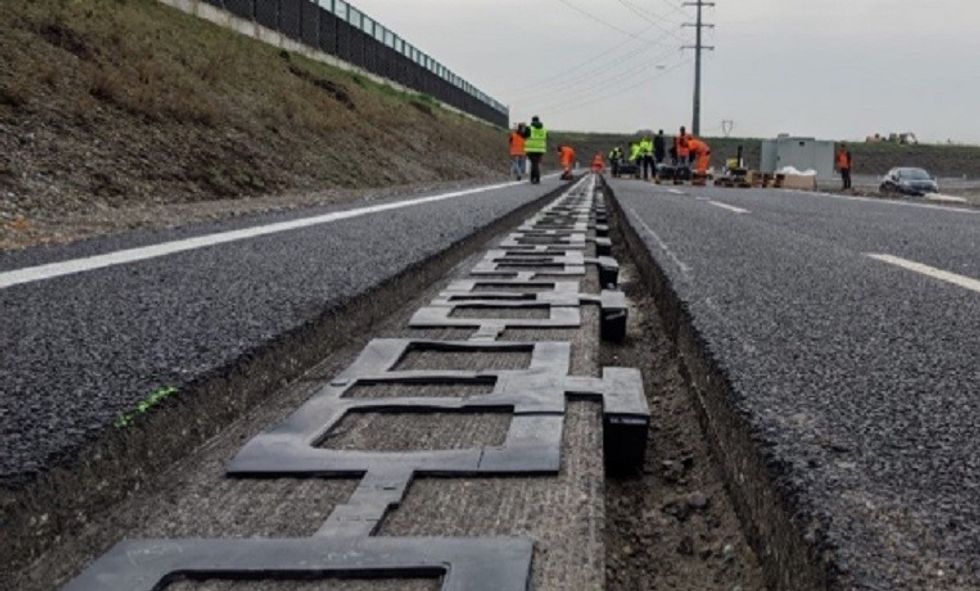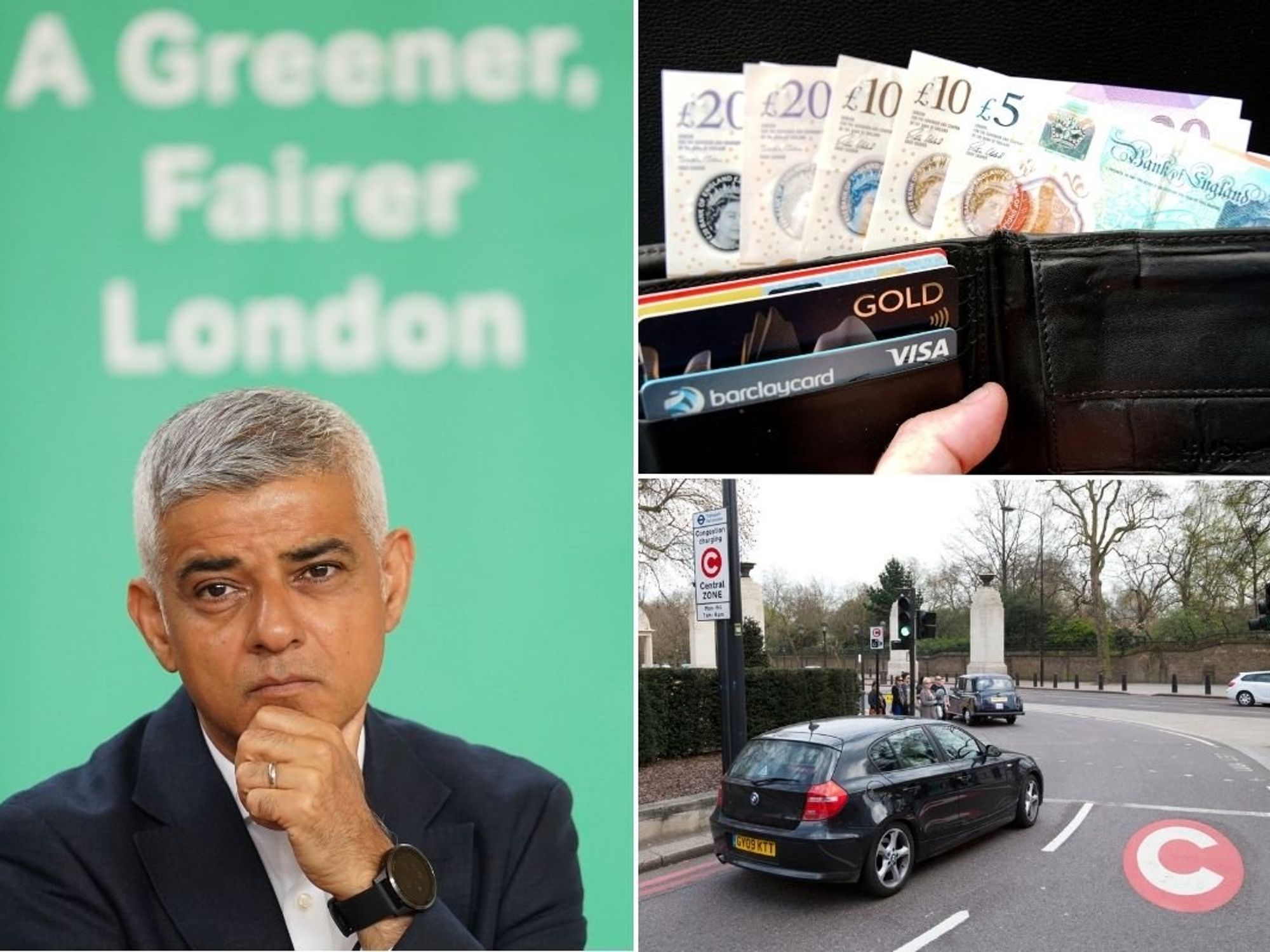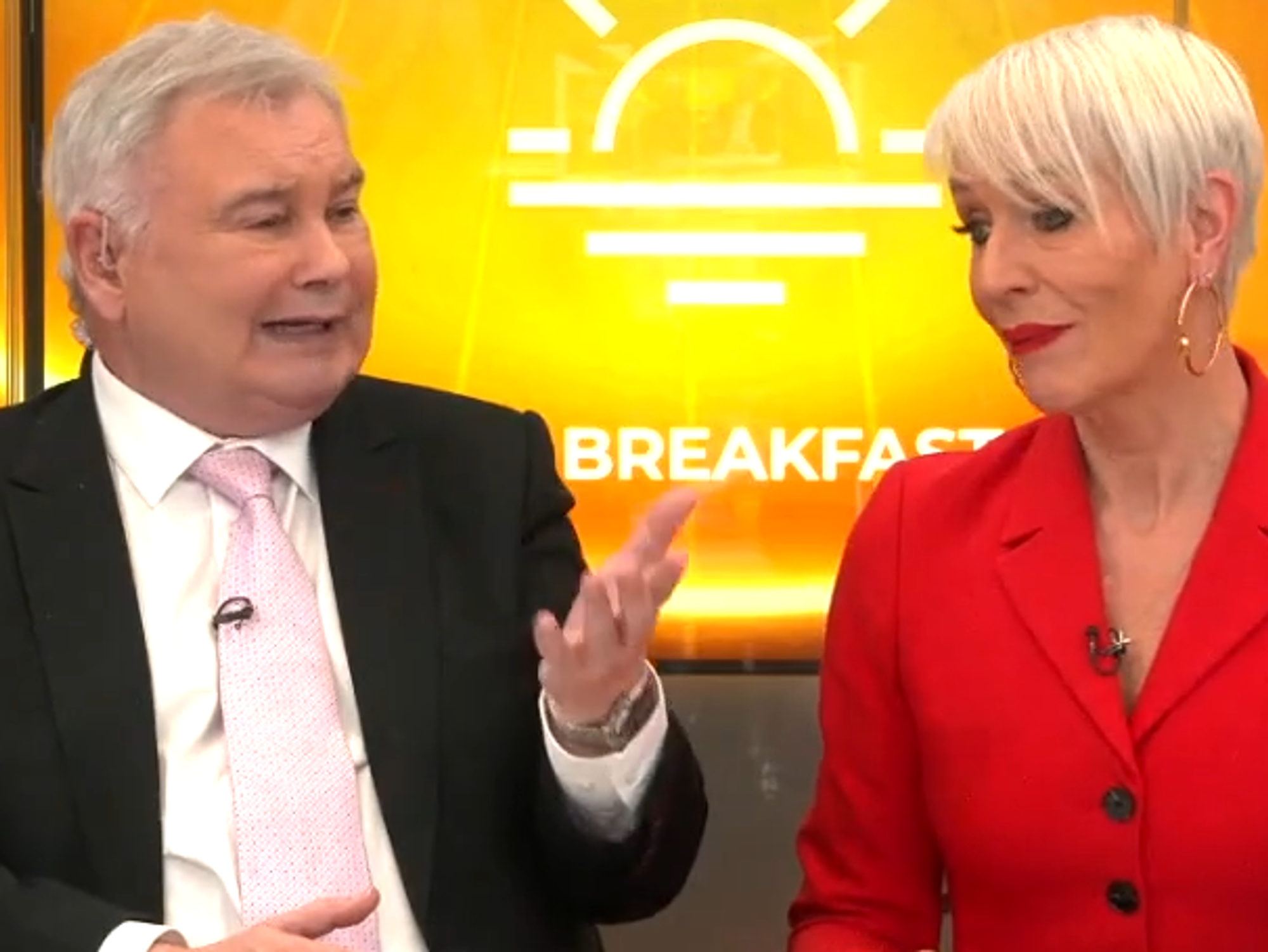Revolutionary technology used by new Tesla Cybercab EV can slash costs by '25 per cent or more'

The Tesla robotaxi is expected to enter production in two years
Don't Miss
Most Read
The electric vehicle charging industry could be backed by groundbreaking innovation following the recent Tesla announcement which hinted at wireless charging capabilities.
Wireless charging company InductEV has supported Tesla's move to implement low-power inductive wireless charging in the upcoming Tesla robotaxi.
The company states that this will boost the number of electric vehicles on the road as more drivers will have the confidence to charge in the future.
InductEV has been in operation in the United States and across Europe since 2017, with its wireless charging solution bringing high power (up to 450kW) for electric vehicles.
Do you have a story you'd like to share? Get in touch by emailing motoring@gbnews.uk

InductEV has a number of schemes operational around the United States
|INDUCTEV
The company states that wireless chargers can offer "significant savings" in the total cost of ownership compared to wired chargers.
The cost of ownership is defined as "typically 25 per cent or more", showing how wireless chargers could have huge benefits for fleets and companies.
The company has three new US patents for its wireless charging technology, bringing its worldwide total to 116, with a further 115 pending.
One of the patents in Seattle, Washington, is projected to see half of all battery electric buses in the state of Washington be charged by InductEV's on-route wireless chargers by the end of 2026.
The Tesla Cybercab robotaxi was unveiled last week by Elon Musk in a high-profile event at the Warner Bros lot in Los Angeles, led by CEO Elon Musk.
He stated that the Cybercab would go into production in 2026 and cost less than $30,000 (£22,924), with Musk arriving at the event in the robotaxi.
The billionaire suggested that the operating cost would be 20 cents (15p) per mile over time, thanks to inductive, or wireless, charging.
A new patent for a wireless charging pad was submitted by Telsa last month, with many speculating that the robotaxi will have wireless charging capabilities.
The patent shows a wireless charging pad on the floor with a thin wire leading to a power console installed on the wall.
When in action, it would allow motorists to simply drive into their garage or a designated parking space and know that it is charging, rather than having to plug it in.
Tesla first teased a wireless charger in its demonstration at the 2023 Investor Day and mirrored the patent submitted last month.
InductEV also has a partnership with Volvo for a wireless-charging taxi fleet of electric SUVs in the Swedish city of Gothenburg, as well as additional installations in Oslo, Norway.
LATEST DEVELOPMENTS:

The wireless chargers have been trialled on a section of road in Coventry
| COVENTRY UNIVERSITYTrials have also taken place in the UK, with Coventry University installing metal coils on Kenilworth Road in the city to help motorists charge while they drive.
The charging innovation uses dynamic wireless transfer technology to establish an automatic connection between the vehicles and metal coils fitted below the road surface to recharge the batteries as they pass over.










